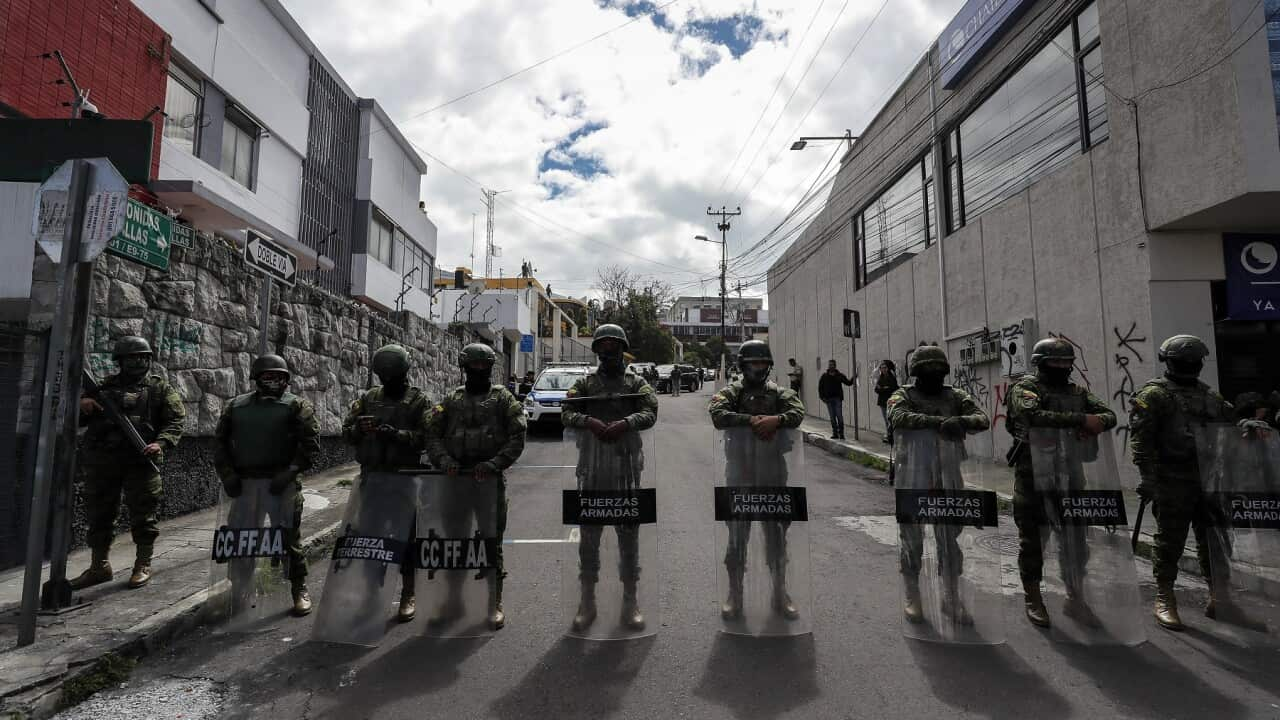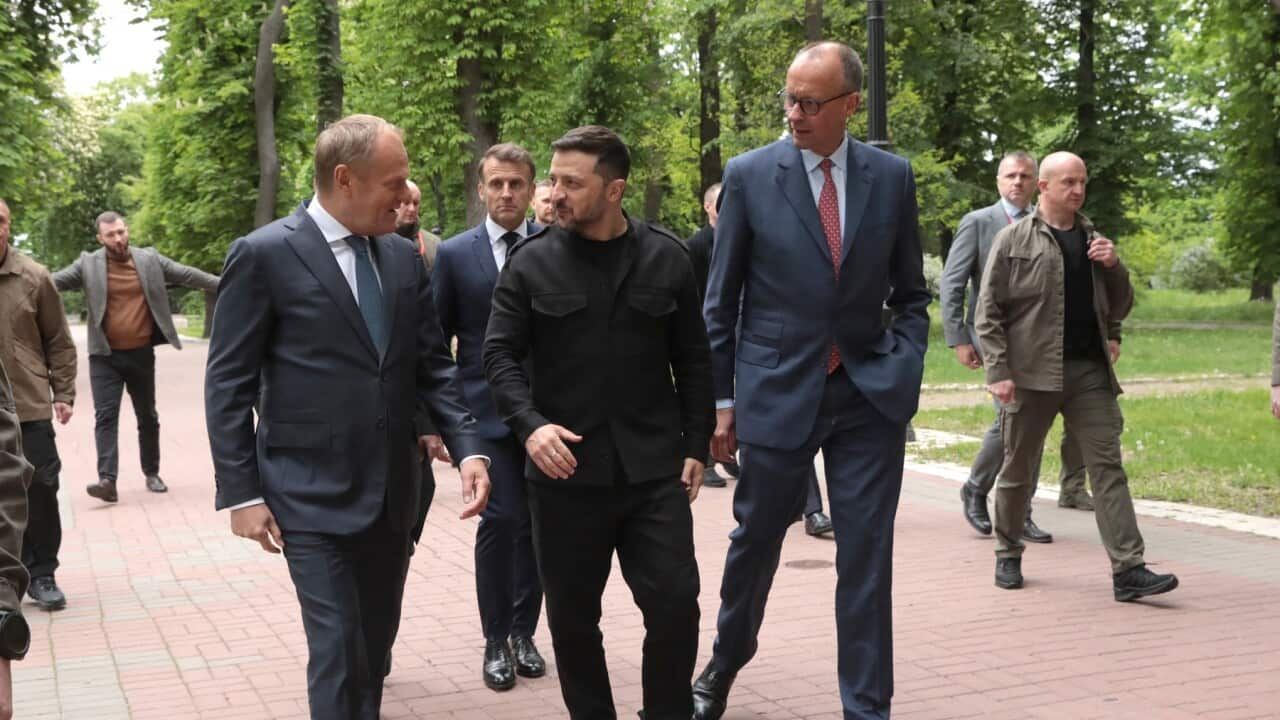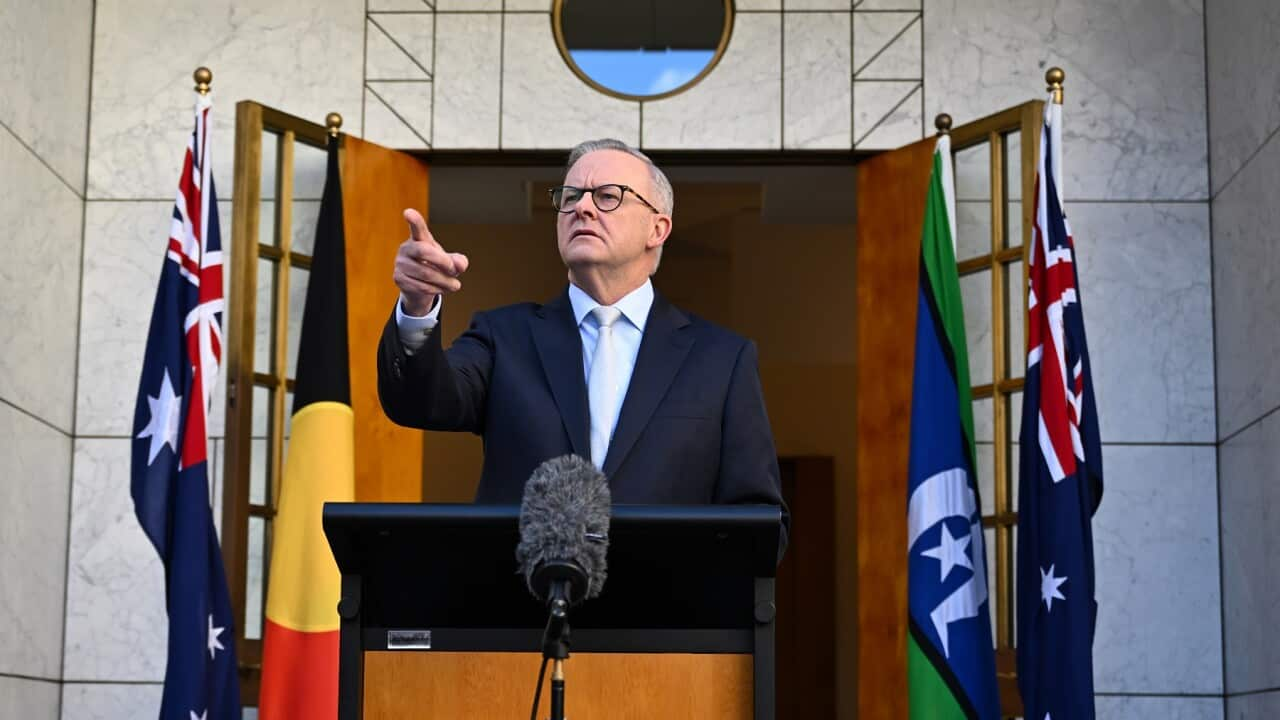TRANSCRIPT
Ecuadorians are living in fear and anguish due to a wave of violence affecting the South American country.
Ecuador’s capital, Quito, is under a State of Emergency after the escape of notorious gang leader Adolfo Macías, alias “Fito,” from prison on January 7th.
Fito is believed to be responsible for a surge in violence, including the assassination of anti-cartel presidential candidate Fernando Villavicencio.
Since Fito’s escape, Ecuador has been experiencing a surge in gang violence linked to drug trafficking.
Ecuador's President Daniel Noboa has declared the violence an “armed internal conflict” that has included prison breaks, hostage-taking, and explosive devices being set off in various cities across the country.
He has issued a decree designating 20 drug-trafficking gangs operating in the country as terrorist groups.
“We have taken measures that should have been taken long ago and that past governments failed to take. We are practically living in a state of war against terrorism. These are not organised crime groups, they are terrorists who are financed by drug trafficking, trafficking in people, organs and arms.”
Mr Noboa has deployed a strong police presence and authorised the military to mobilise in places like prisons.
In a frightening encounter the following day, several masked men took over a television stain, holding a presenter hostage as cameras rolled, pointing a shotgun at his head, while clutching what appeared to be sticks of dynamite.
Armed tactical officers were able to rescue the presenter and arrest some of the men.
uan Peralta is a newspaper vendor in Quito.
“People are afraid; they don't want to go out anymore. Businesses are closing. So, as a citizen, I am very scared of what is happening right now in Ecuador.”
Alisson Chicaiza is a paramedic from Quito.
“Sadness and fear. It's something we all have right now, but it's the fact that we don't know what to do. Because, in reality, we can't do anything. These are things that slip out of our hands, and no matter how much we want to do something, we end up losing.”
The head of Ecuador's Armed Forces, Jaime Vela Erazo, says the president has instructed him to consider the gangs as a military objective and "neutralise" them within the bounds of international humanitarian law.
“The president of the republic, Daniel Noboa Azín, through executive decree number 111, established a very clear task for us: From this moment on, every terrorist group identified in the decree has become a military target. The present and the future of our country are at stake, and no act of terror will make us give up. We will not back down or negotiate. Good, justice, and order cannot ask for permission or bow their heads to terrorists.”
There is now a massive manhunt underway for Fito who was convicted of drug trafficking, murder, and organised crime and was serving a 34-year sentence.
The government says there have been 30 attacks since this escape, it is his second, the last one a decade ago.













